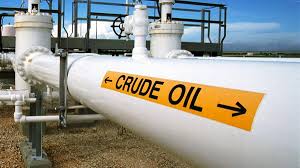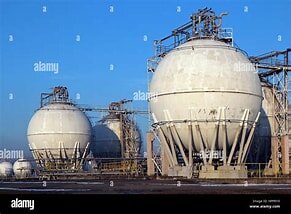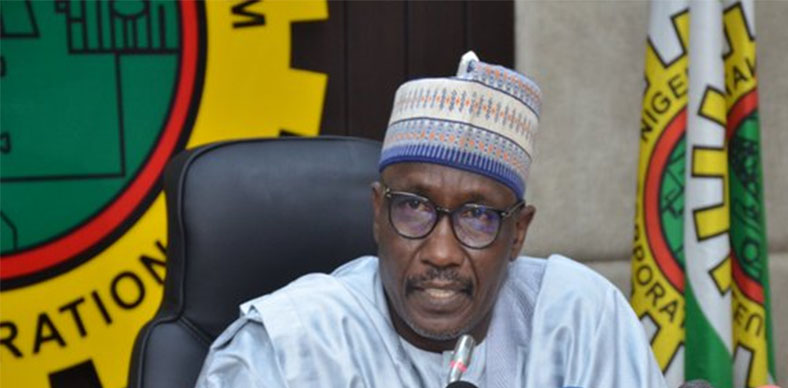Abuja, Aug. 20, 2024 – The sale of crude oil to Dangote Refinery and other local refineries in naira will commence on October 1, 2024.
Wale Edun, the Minister of Finance and Coordinating Minister of the Economy, announced this in Abuja on Monday at a meeting with the Implementation Committee which reviewed progress of the transition to crude oil sales in naira.
The Federal Ministry of Finance announced this in a post on its X (formerly Twitter) handle on Monday.
The statement said key roles were outlined for each of stakeholders which include the Nigerian Midstream and Downstream Petroleum Regulatory Authority (NMDPRA), Central Bank of Nigeria (CBN), Nigerian Upstream Petroleum Regulatory Commission (NUPRC) and the African Export-Import Bank to ensure smooth implementation.
“The Honourable Minister of Finance and Coordinating Minister of the Economy, Mr. Wale Edun, today led the Implementation Committee meeting on the transition to Crude Oil Sales in Naira.
“The meeting reviewed progress on key initiatives, including the upcoming commencement of Naira payments for crude oil sales to the Dangote Refinery starting October 1, 2024,” the post read in part.
It added that Dr. Zacch Adedeji, the Executive Chairman of the Federal Inland Revenue Service and Chairman of the Technical Sub-Committee, reported that “the first PMS delivery from Dangote is expected next month under existing agreements.”
The Minister was said to have emphasized the need for transparency and directed the Technical Sub-Committee to finalize details and prepare a report for the President, confirming that his directives are on track for implementation from September.
On the Port Harcourt and Dangote Refineries Finance, ministry said significant production increases are expected from November 2024.
The Federal Executive Council (FEC) had on July 29 directed the Nigerian National Petroleum Company (NNPC) Limited to sell crude oil to Dangote Refinery and other local refineries in naira and not in the United States greenback.
The Federal Government said the measure would reduce the strain on the country’s foreign spending and stabilise the pump price of petrol, diesel and other products in Nigeria. (GBN)




